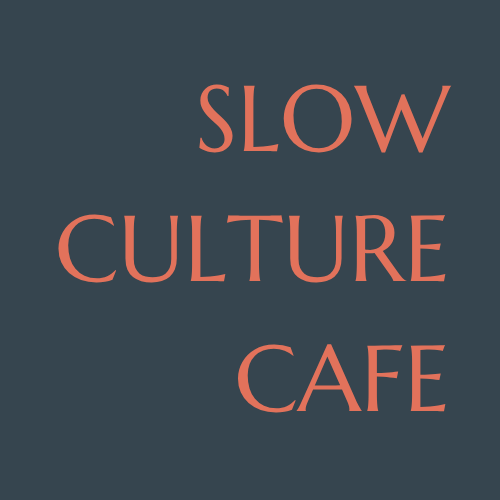How Books Are Reflecting a Shifting Society
In a world where everything moves quickly with headlines and technology, books remain one of our most intimate and reflective spaces. But what’s changing is how and what we read.
In every era, there are books that shape us humans. And so we currently find literature that, in the face of the many challenges in today's society, allows for critical debate and prompts us to reflect.
Today’s literature is no longer just a mirror to the human condition in the abstract; it’s a sharp lens trained on the present moment. In this age of transformation, modern literature has become both witness and architect of societal change.
From novels that explore mental health in the digital age to memoirs that center thoughtful joy or activism, books are evolving with us. They are no longer content to whisper from the sidelines. They are stepping into the current — and at times, stirring it. The rise of #BookTok and online literary circles reflects a growing readingculture where readers, especially younger ones, crave narratives that speak to their real-world complexities.
Take, for example, the popularity of dystopian and speculative fiction in recent years. But this isn’t escapism—it’s social reflection. Books like The Power by Naomi Alderman have resurfaced in mainstream conversations not because they offer fantasy, but because they feel eerily real. Readers aren’t just looking to get lost; they’re looking to understand. They’re asking, “What if?” and “What now?”
Memoir and narrative non-fiction are also on the rise, especially those that explore change. These stories don’t just humanize issues—they personalize them. Books like Know My Name by Chanel Miller or Minor Feelings by Cathy Park Hong are just two examples of how literature is giving space to voices once pushed to the margins. Through their words, we feel seen, challenged, and connected.
It’s worth noting that this shift is also influencing bookrecommendations and how we share stories. Once a solitary activity, reading has become communal again—thanks to podcasts, book clubs, and platforms like Goodreads and Pinterest. A thoughtful reader today doesn’t just finish a book and shelve it. They review it, post about it, recommend it to friends, and ask, “Did this resonate with you too?”
This return to collective reflection marks a quiet evolution in book society. We no longer read only for enjoyment or escape (though both remain vital). We read to understand ourselves and the shifting world around us. Literature has become a tool for processing, for reimagining, for grieving, and for hoping.
In many ways, books are doing what they’ve always done—offering insight, challenge, comfort. But now, the urgency feels different. As the world reshapes itself in the face of social anxiety and economic unrest, we look to stories not just to explain the world, but to rebuild it.
The books we choose to write, read, and elevate speak volumes about what we value as a culture. And right now, they’re saying: we want truth. We want nuance. We want to hold contradictions. We want to reflect, not just react.
So if you find yourself drawn to heavier themes or experimental forms lately—know you’re not alone. You’re part of a quiet, thoughtful shift happening all across the literary world. A wave of people turning pages not out of habit, but out of curiosity and care.
We will be presenting new books to you in the Slow Culture Cafe and look forward to your feedback in our community.
In the end, thoughts about books are really thoughts about who we are becoming. And maybe that’s the most powerful story of all.

